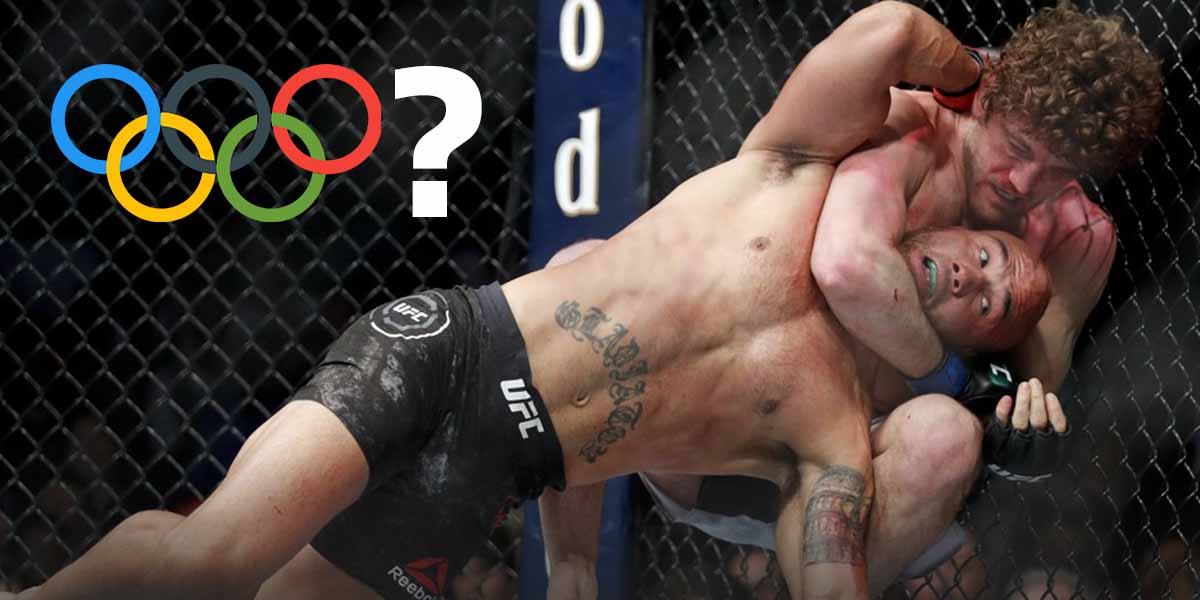- MMA's potential Olympic inclusion sparks debates on safety and authenticity.
- Critics worry about rule changes and compromise of MMA's essence.
- Despite hurdles, IMMAF aims for Olympic recognition.
PARIS - The prospect of MMA becoming an Olympic sport has sparked a contentious debate within the combat sports community. While some envision the inclusion of MMA in the Olympics as a gateway to global recognition, increased funding, and a surge in talent development, others express strong reservations about the potential consequences for the sport's essence and the challenges it might face in the Olympic context.
The argument against MMA's inclusion often revolves around the belief that the Olympic format would compromise the authenticity of the sport. Critics argue that the current MMA landscape, characterized by its diverse techniques, strategic depth, and the absence of strict regulations, could be diluted to fit within the constraints of Olympic rules. The concern extends to the potential introduction of headgear, modified gloves, and restrictions on certain moves like elbows, fundamentally altering the dynamic of MMA bouts.
Altering The Sport
Comparisons are drawn with Olympic amateur boxing, where the emphasis on scoring points and avoiding blood has led to a style of play dubbed "speed boxing" that differs significantly from the professional counterpart. Similar concerns are expressed for Olympic betting odds circling amateur MMA, which would anticipate a shift towards a more point-based system, reduce defensive strategies, and potentially lose some of the sport's dramatic elements, particularly in the clinch game.
The skepticism about MMA's suitability for the Olympics is echoed by references to other combat sports like amateur Olympic judo and Taekwondo, where distinct rules and regulations have altered the nature of the sport. The emphasis on speed and point-scoring in amateur Olympic boxing, along with oversized headgear that may not effectively protect against brain trauma, is cited as an example of the compromises made for the sake of Olympic participation.
A key concern is the impact on the recovery time for MMA fighters in an Olympic setting, given the rigorous schedule and potential for multiple fights within a short duration. Critics argue that the current system, where fighters require weeks of recovery after a professional fight, is incompatible with the demands of an Olympic competition structure, possibly resulting in compromised performances and increased risks of injury.
Will UFC Ever Be An Olympic Sport?
Despite the reservations, there are proponents of MMA's Olympic inclusion, with UFC president Dana White expressing support for the idea 20 years ago and as of late. White sees it as an opportunity to enhance viewership, citing the decline in Olympic ratings and suggesting that MMA could inject excitement into the Games. However, the road to Olympic recognition faces obstacles, as evidenced by the Global Association of International Sports Federations (GAISF) denying observer status to amateur MMA governing bodies, IMMAF and WMMAA.
The debate around MMA in the Olympics extends beyond practical considerations to the fundamental identity of the sport. Supporters see the potential for increased funding, global promotion, and enhanced legitimacy, while skeptics fear the loss of MMA's core attributes, altered rules that compromise safety, and a departure from the sport's grassroots origins. The ongoing discussion underscores the complex dynamics involved in integrating a sport like MMA into the traditional Olympic framework.

